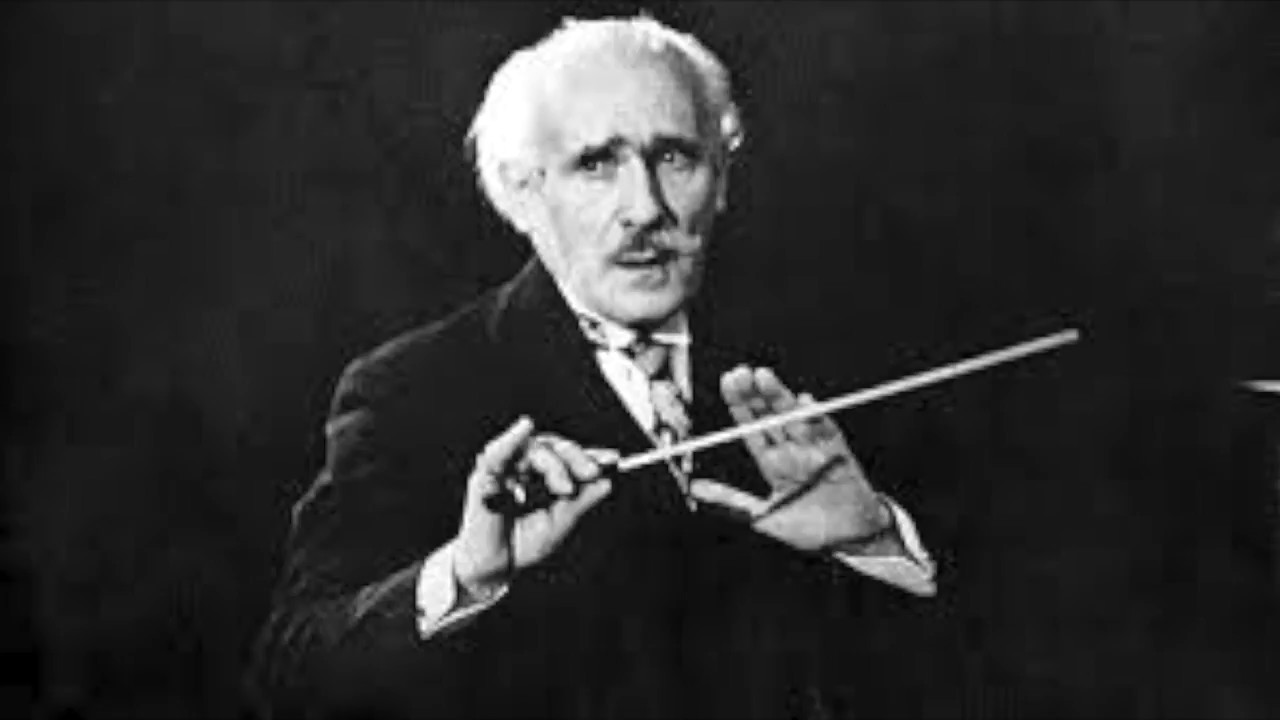Conduct your business like a maestro: with purpose
By James Lee >>
WHEN A BUSINESS organises its activities around shared, motivating ideals, the effect can be as galvanising as a baton in the steady hand of a conductor leading a symphony orchestra.
One need look no further than Arturo Toscanini, the celebrated maestro and champion of human rights, to see the close connection between inspired leadership and indelible purpose.
Not perhaps since Cicero has an exile received such fanfare upon his triumphant homecoming to the Italian peninsula. When Toscanini took centre stage in 1946 at Italy’s premier opera house after eight years living abroad, he lifted not only his baton but also the hopes and aspirations of a war-torn nation.
Loudspeakers atop buildings and lampposts amplified the concert through the streets of Milan, heralding the return of civilisation itself to a beleaguered continent — and bringing Italians to their feet in a thunderous crescendo of applause and renewed spirit. 
As a concert pianist and classical music aficionado, I suspect the world may never again witness a conductor as consequential as Toscanini.
But as the chief operations officer of SAP Ariba and SAP Fieldglass — the premier global business networks for the procurement of goods and services, respectively — I recognise in the maestro’s legacy an ethos of conscience and purpose that lives on.
It is a legacy we all can emulate. For technology makes it easier today than ever before to align values with actions, particularly in the commercial sphere.
UP TEMPO BUSINESS
In operations management, the objective is much the same whether conducting an orchestra or running a cloud software business: ensure harmony among disparate yet complementary participants, minimise risk to synchronised production, and maintain the flexibility necessary to accommodate shifting customer demand.
But Toscanini understood that these structural fundamentals were insufficient to create beautiful music.
The woodwinds and strings may be perfectly attuned. The brass and percussion may echo a flawless counterpoint. The musicians’ technique may be first-rate. But what if there’s no passion? What if the orchestra lacks a unifying, uplifting purpose?
The absence of passion — the ambiguity of purpose — can sully any worthwhile endeavour, whether in music, business or human relationships.
Musicians infuse passion into their playing by summoning their deepest emotions. Similarly, businesses instill purpose into their operations by embracing the brand values held dear by their customers, investors, employees and other stakeholders.
But can purpose be measured? Fortunately for business leaders, it can. 
GO DIGITAL ON PURPOSE
Digital networks provide precisely the mechanism they require, particularly when seeking to gauge the ethical, sustainable business practices of their trading partners. Aided by cognitive technologies, these networks are transforming business-to-business commerce, lending newfound transparency to the interconnected operations of buyers and suppliers.
At the same time, operations leaders are harnessing the power of data to gain visibility not only into traditional business metrics such as inventory turns, cycle times and utilisation rates, but also into socially pressing questions such as:
Does a potential trading partner keep its supply chain clear of forced labor?
Has it established a record of responsible stewardship of the environment?
To what extent does the company award business to firms owned by historically underrepresented groups?
How consistently does it uphold humane working conditions in the various parts of the world in which it operates?
The transparency afforded by cloud-based networks answers these and dozens of other compliance-related questions. Meanwhile, this same visibility enables trading partners to collaborate in real time, extend competitive advantage, and innovate to create mutual value, even when the value chain stretches to far-flung corners of the globe.
No matter the physical distance it spans, a digital network — not unlike an orchestra conductor — marshals the precision, intricacy and capabilities of participants to create value far greater than the sum of the constituent parts.
Best of all, digital networks, unlike business leaders or musicians, never deviate from the task at hand.
Toscanini once observed, “After conducting a concert in a small town, I received the following note from a farmer who had attended the performance: ‘Dear sir, I wish to inform you that the man who played the long thing you pull in and out only did so during the brief periods you were looking at him.’” 
Visibility, whether across an orchestra’s musicians or a digital network’s millions of buyers and suppliers, is essential for any leader to produce consistent, harmonious, purpose-driven results.
When it comes to connected commerce, real orchestration is required to lend enterprises the digital capabilities necessary to broaden their insights and achieve superior outcomes.
Now that’s conducting digital business at a whole new tempo.
James Lee is chief operating officer for SAP Ariba, the world’s largest business network, linking together buyers and suppliers from 3.6 million companies in 190 countries, and SAP Fieldglass, a longstanding leader in external talent management and services procurement used by organisations in more than 180 countries. He is also an accomplished concert pianist. SAP Fieldglass describes is role as being ‘ to find, engage and manage all types of flexible resources’.
ends

 How to resolve AdBlock issue?
How to resolve AdBlock issue?